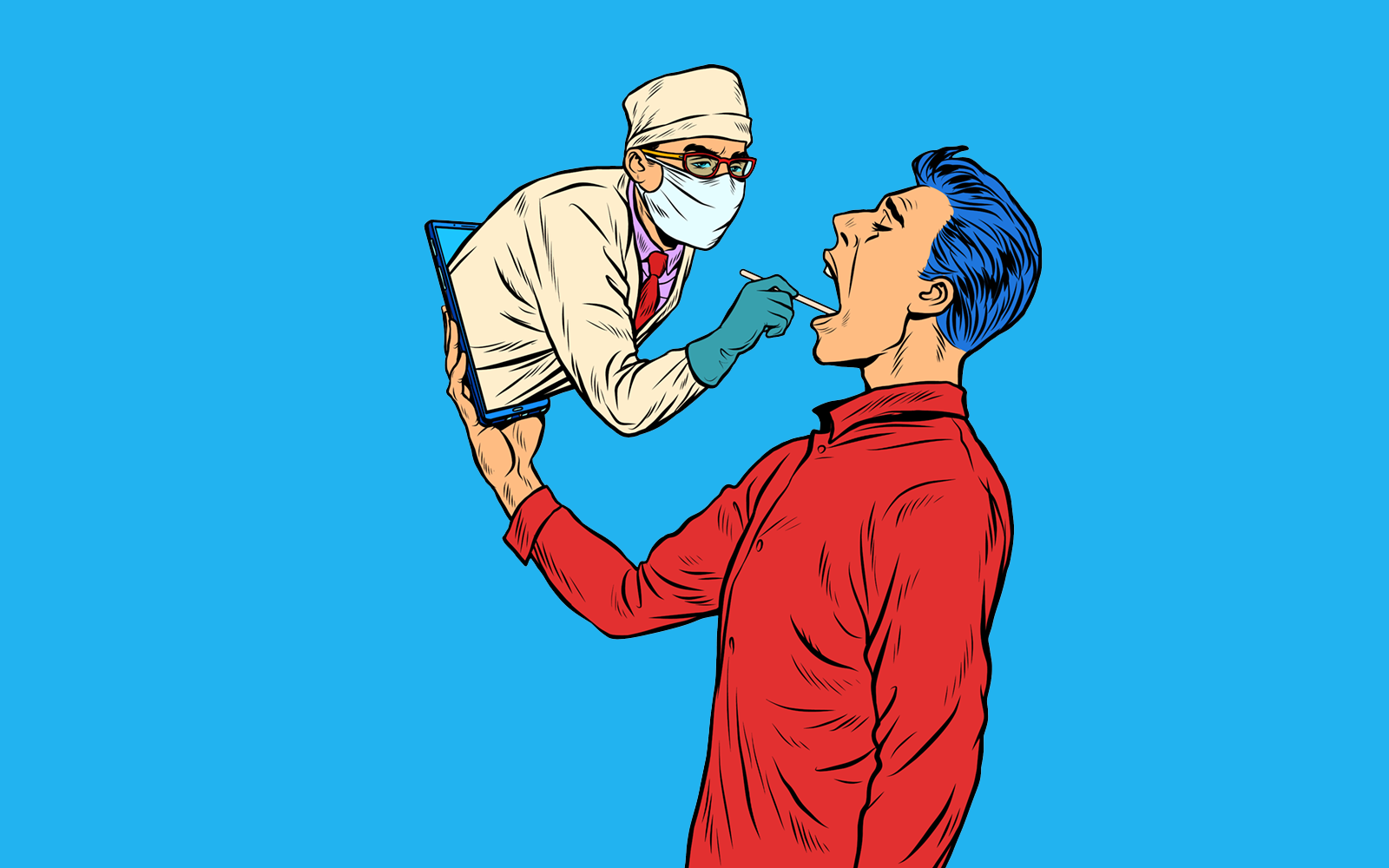Street names for “Spice” include “Black Mamba,” “Bliss,” “Fake Weed,” “K2,” “Bombay Blue,” and more. Users generally refer to it as a synthetic form marijuana. This is because chemicals in Spice are similar to some found in marijuana.
However, Spice couldn’t be further from the good old traditional pot. As a matter of fact, this synthetic drug has stronger effects than marijuana. Its producers spray a mix of chemicals onto plant materials to mimic the looks of Cannabis sativa.
Legal action against the sale of “synthetic marijuana” has been challenging. Sellers often disguise Spice as incense, and label it “not for human consumption.” This often leads to seemingly easy sales of products containing unidentified chemicals.
Because of its recent appearance on the market, not much research has been done on Spice. What we do know, however, is that Spice has been the cause of many fatal overdoses. People have come to understand that its consumption is, indeed, dangerous.
Spice’s effects include relaxation, elevated mood, altered perception (changes in awareness of objects and conditions) and psychosis (feeling detached from reality). These are all common effects associated with marijuana. However, Spice can also cause harmful reactions. These include elevated heart rate, vomiting, nervousness or extreme anxiety, hallucinations, confusion, violent behavior, and even suicidal thoughts. In some of the worst cases, Spice has been linked with heart attacks and death.
New Test for a New Drug
Fortunately, after a couple of years of research, scientists have developed an on-the-spot saliva test for Spice. An article published by ITV reveals that the saliva test, which takes about five minutes, can be performed on the spot. It identifies whether the psychoactive synthetic cannabinoids have been smoked and, if so, how strong the drug was.
This new and groundbreaking drug test has been developed at the University of Bath in the UK. The university’s Dr. Chris Pudney explains that the researchers chose a saliva test for its noninvasive nature.
The team worked with homeless people who used the synthetic drug. According to Dr. Pudney, “Detection and confirmation of Spice use, early on when someone is found incoherent gives a chance to start timely treatment for their symptoms.”
The innovative saliva drug test is currently the only one, and the world’s first on-the-spot test for Spice. An article in Science Daily reveals that despite the serious and increasing public health problem that Spice poses in Britain and other countries around the world, there is currently no point-of-care test to determine if someone has recently taken it.
The difficulty in detecting Spice is especially problematic for health professionals. This is because many patients they believe have used Spice are already unconscious. Many Spice users also end up completely incoherent, even experiencing psychosis. This makes it particularly challenging to administer effective treatment.
The quick and easy saliva drug test will enable health workers to treat Spice users accordingly, without wasting precious time.















